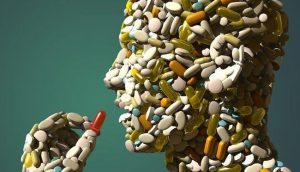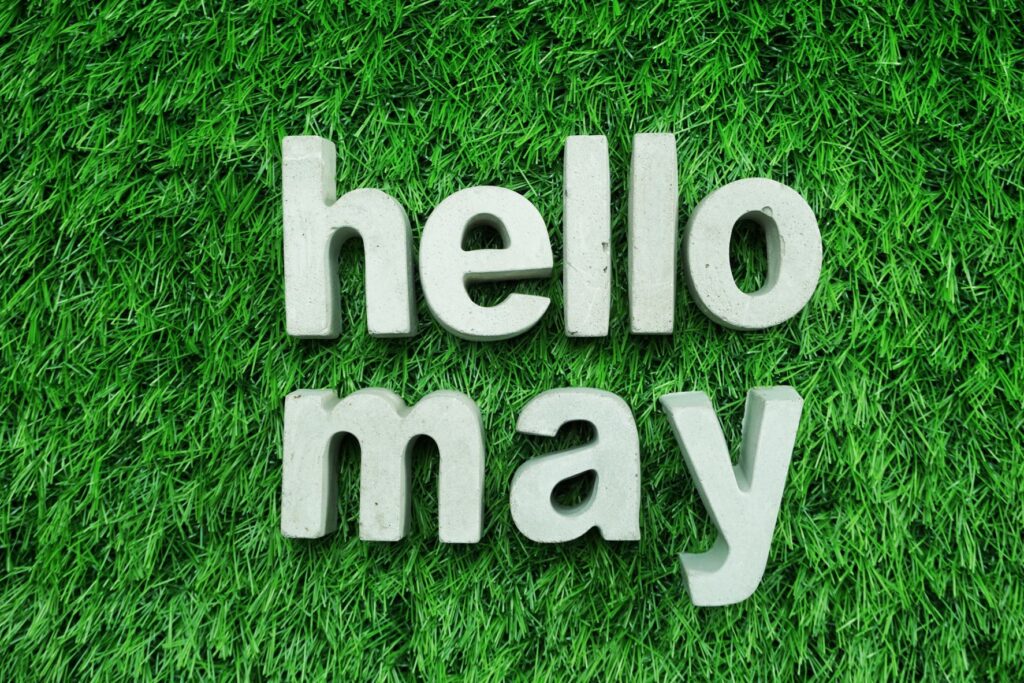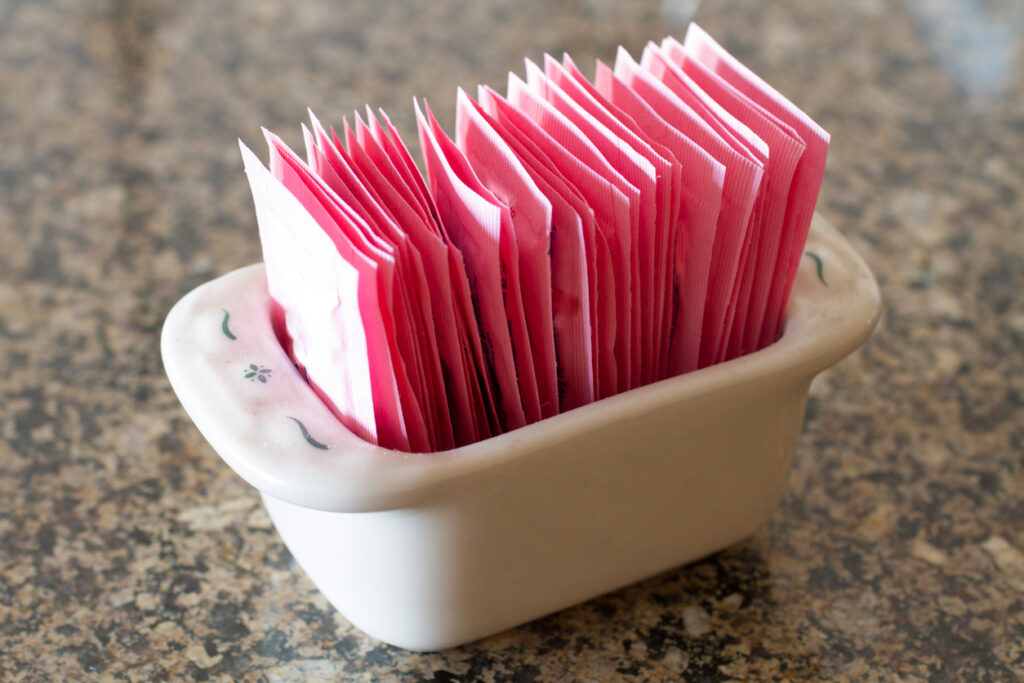 We want to maximize productivity in our workplace, but this can be very challenging to orchestrate with all the kinds of employees in all the kinds of jobs, and hours, and conditions, and on and on.
We want to maximize productivity in our workplace, but this can be very challenging to orchestrate with all the kinds of employees in all the kinds of jobs, and hours, and conditions, and on and on.
The good news is that there are a ton of solutions!
The bad news is that there are a ton of solutions!
To make your life at least a wee bit less complicated, at least we can rule this one out. This article in the Journal of Human Hypertension reviewed 23 published papers and 88 scientific abstracts between 2010 and 2014. They were looking for those studies which used Complementary and alternative medicine (CAM) for the treatment of heart disease and high blood pressure.
The question they were looking for? Do any/some/all of these solutions work?
You may not recognize the acronym CAM, but you definitely know the supplements that people take, which fall into this category: St. Johns Wort, fish oil, multivitamins, Ginko, Garlic, CoQ10, etc. (full table is below).
What did this “study of studies” find? You have to read this:
There are certain CAM products like garlic, CoQ10, fish oil and multivitamins, which may not be very effective in lowering the BP, serum cholesterol or not preventing CVD and HF, but they are safe and can be taken together with conventional medicines, although the evidence for benefit is neither strong nor consistent (ref). However, there are others such as ginseng, St John’s wort, Ginkgo biloba, hawthorn, saw palmetto, dansen and licorice that can cause serious adverse effects through drug interactions or by themselves.
In other words, this exhaustive scientific review concludes that the “solutions” are either ineffective or harmful.
This means that the best case scenario is that your pill does no harm and you simple excrete it out. In other words, if you’re lucky, all you’ll get is really expensive pee.
For our employees, we do need to choose from among the myriad choices and voices clamoring for our attention. However, we also do need to be careful about non-solutions that may actually do more harm than good. Moreover, I’m not sure of the exact ROI on really expensive pee, but it’s not going to be what you’re looking for.
FROM:
“The clinical significance and costs of herbs and food supplements used by complementary and alternative medicine for the treatment of cardiovascular diseases and hypertension”
~S G Chrysant
Table 1. Herbs and food supplements used for the treatment of CVD and HTN
| Herb/FS | Indication | Effect | Drug interaction | Side effect |
|---|---|---|---|---|
| Ginseng | CVD, HTN | Equivocal | Antidiabetic, digoxin, warfarin | Hypogly, Dig, tox thrombosis |
| St John’s wort | Depression, DM | Poss. effective | Drugs affecting CYP3A4 | Bleeding |
| Mother wort | Sedative, tachycardia | Poss. effective | Drugs affecting CYP3A4 | Bleeding |
| Ginkgo | Demen., CVD, HTN | Equivocal | Drugs affecting CYP3A4 | Bleeding |
| Garlic | Cholest. HTN, CVD | Poss. effective | Anticoagulants | Bleeding |
| Hawthorn | CVD, HF, HTN | Poss. effective | Glycosides | Dig. toxicity |
| Saw palmetto | BPH, | Poss. effective | Warfarin | Bleeding |
| Danshen | CAD, HTN | Poss. effective | Warfarin | Bleeding |
| Licorice | Peptic ulcer/Chinese | Poss. effectve | Spironolactone | HTN, hypokal |
| Food sweetener | No longer used | Cardiac arrhythmias | ||
| CoQ10 | Cholest. HTN, CVD | Poss. effective | NA | NA |
| Vitamin E | Cholest. CVD | Poss. effective | NA | NA |
| Vitamin C | HTN | Poss. effective | NA | NA |
| Vitamin B | CVD, HF | Poss. effective | NA | NA |
| Fish oil | CVD, HTN | Poss. effective | NA | NA |
| l-Arginine, | ||||
| l-Creatinine, | ||||
| Taurine | CVD, HF | Poss. effective | NA | NA |
Abbreviations: BPH, benign prostatic hypertrophy; CAD, coronary artery disease; CVD, cardiovascular disease; cholest., cholesterol; demen, dementia; HF, heart failure; HTN, hypertension; poss., possibly; hypokal, hypokalemia; NA, not applicant.



